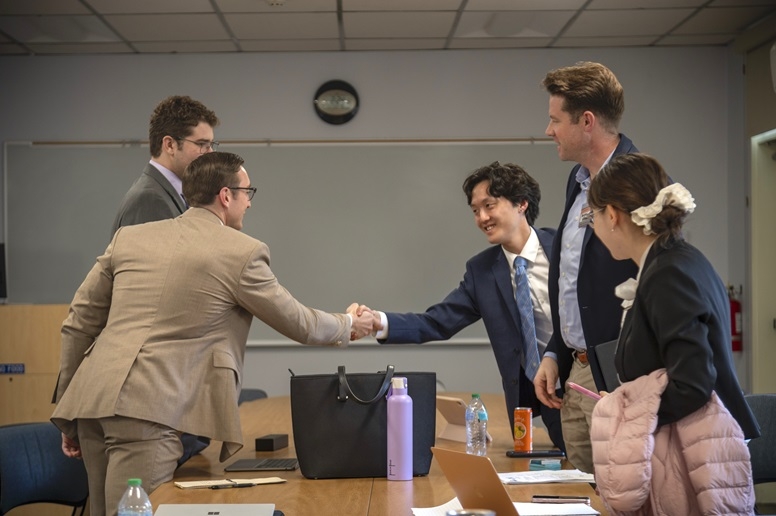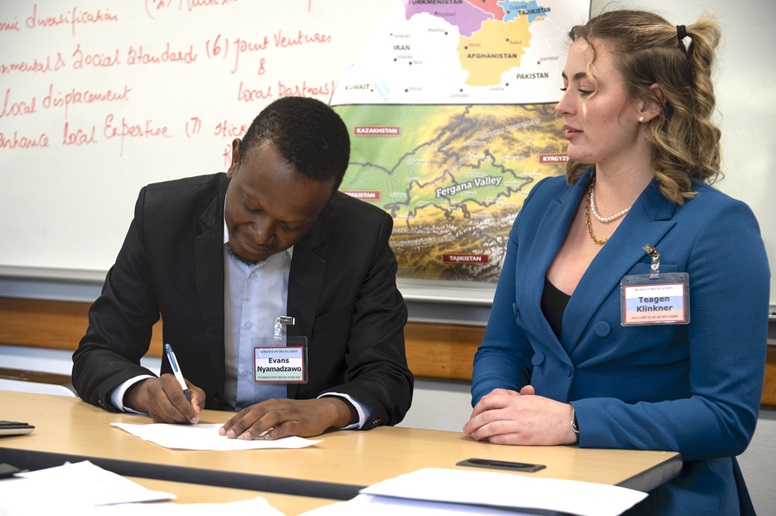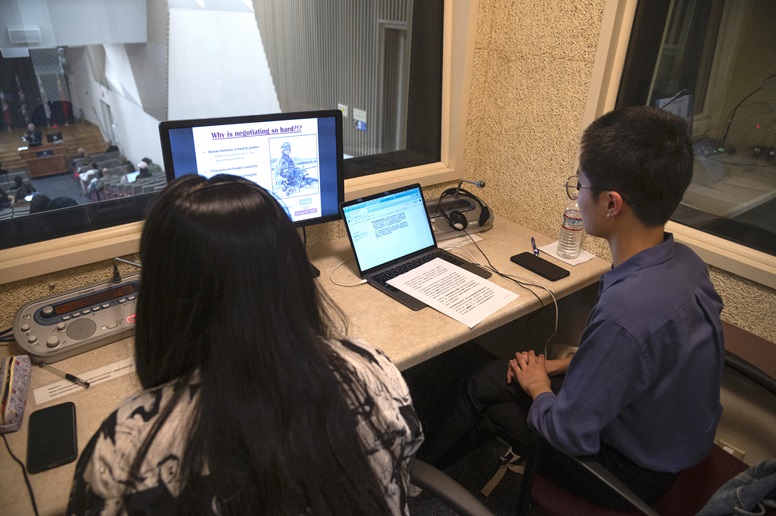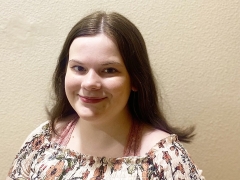Field Work: Developing Expertise in Nuclear Safeguards at Lawrence Livermore National Laboratory
| by Jason Warburg
Student Emma Scherer MANPTS ’25 built her professional connections and credentials through an internship at Lawrence Livermore National Laboratory.





